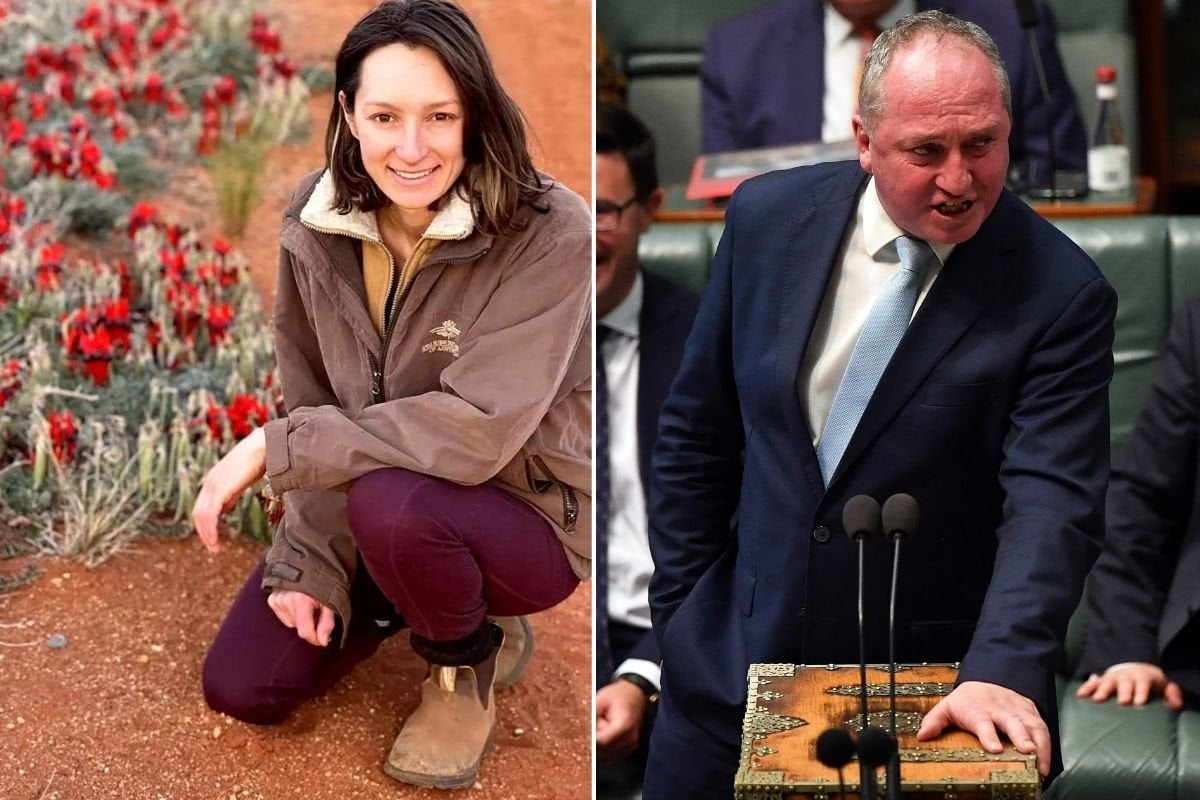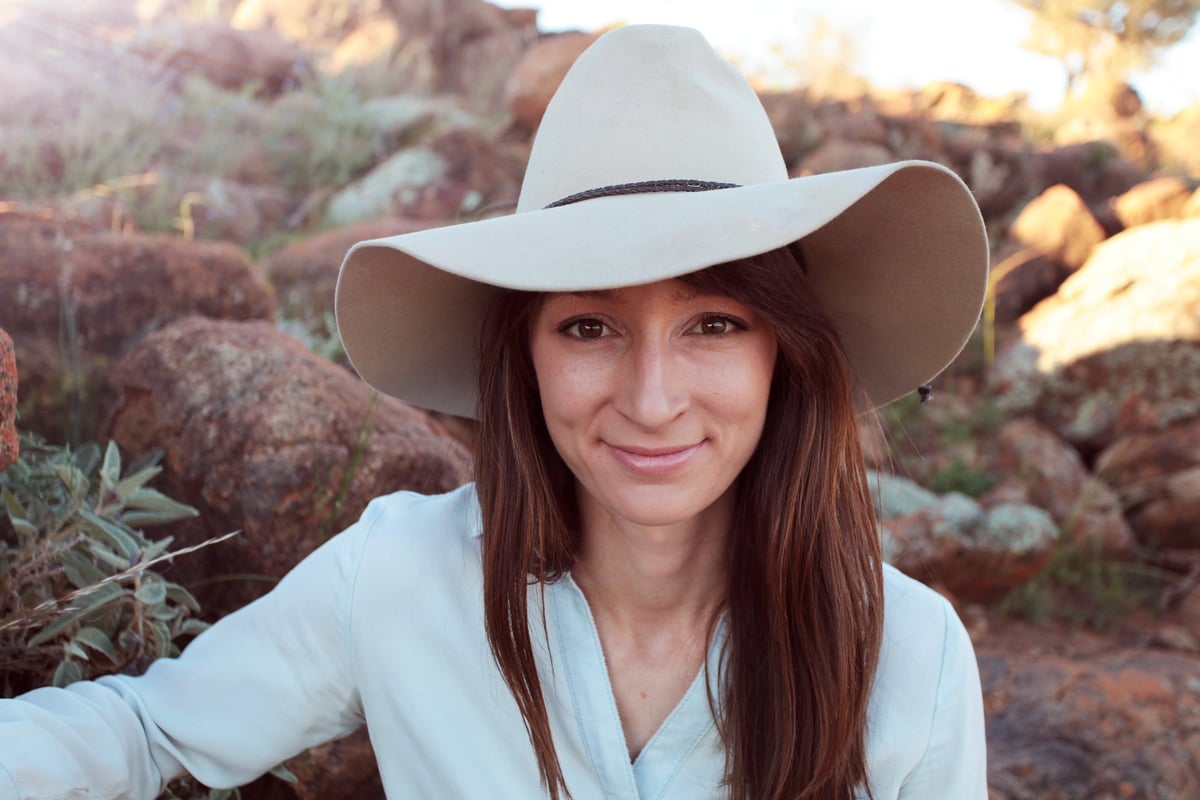
In times of drought, Anika Molesworth can walk along the tree-line of her sheep station in far west New South Wales to an eerie silence.
There's usually birds. But when the water dries up, so does life.
There are plenty of skeletons though; an awful reminder of what global warming can and is doing to our planet.
Anika, a farmer and scientist based in Broken Hill, knows intimately what doing nothing about climate change means. She's seen it. She's studied it. She is fighting to change it.



Top Comments